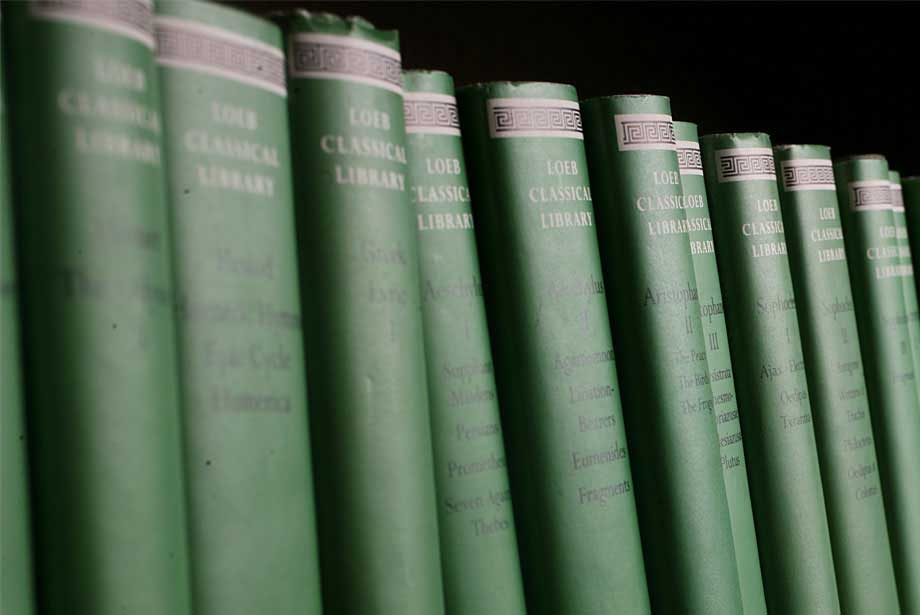While many NT scholars may know a whole lot about Matthew–Revelation, many lack the ability to pick up and read Josephus and Clement in the original Greek, or Seneca and Cicero in Latin. This reveals not just a severe lack of language ability, but...
Earlier this year, Logos published a two-volume set on the Greek Apocryphal Gospels, including material on various papyri and parchment fragments, as well as agrapha. One volume is subtitled Introductions and Translations. It has . . . wait for it ...

